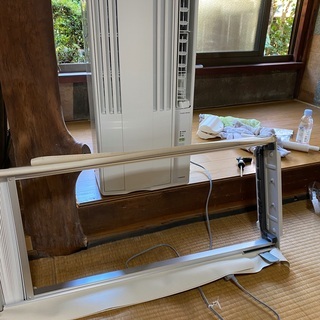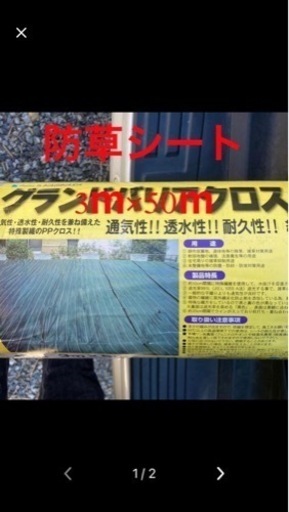商品の詳細
商品の説明
最新のクチコミ
以前カーキのMを購入し、季節問わず使いやすく動きやすいのでリピしました。今回黒のSにしてみました。Sはウエストがきつく、座り仕事なのでおなかがでてちょっときつく感じそうです。
- LRD*****さん
- 46歳
- アトピー
- クチコミ投稿 1件
購入品
色もきれいで、センターのプレスも洗濯しても消えませんし、アイロンもいらない
、着てきても楽ちんで、きれいに見えます。
あと1本ピンクを購入予定。
- JNS*****さん
- 43歳
- アトピー
- クチコミ投稿 1件
購入品
店にある安いインソールと違って、造りがしっかりしてて、低反発が効いてます。リピート予定です。
- QLQ*****さん
- 31歳
- アトピー
- クチコミ投稿 3件
購入品
普段はМサイズを履いていますが、動きやすくゆったりした感じにしたかったのでLサイズを注文しました。 最初は太ももが軽くフィットするぐらいでしたが、3~4日するとかなり馴染んで(伸びて?)いい具合のゆるっと感がでました。生地が伸びてウエストもゴムで、もー楽ちん楽ちん。裾は一折りでくるぶしちょい下ぐらいなので、スニーカーに丁度いい感じです。色違いでもう1本欲しいですね♪
- EOI*****さん
- 34歳
- アトピー
- クチコミ投稿 2件
購入品
すでに1つ持っていて追加購入です。最初は大変でしたが、慣れると、とても楽しく、今では手放せません。体温だけは少し高く出ますが血圧や睡眠データ等は合っているようです。
値段の割に中身は充実しています。あとはどのくらい持つか??
- ORE*****さん
- 53歳
- アトピー
- クチコミ投稿 3件
購入品
みんなから、たいへん可愛いと好評で、大変気に入っています
- NBO*****さん
- 48歳
- アトピー
- クチコミ投稿 3件
購入品
毎年日焼け止めを塗るのが面倒になり、ラッシュトレンカを購入。MかLで悩んでMを購入しました。157cm、50kg弱、太もも太目ですが、脚が短いせいか膝の後ろに少したるみがあり、ウエストも少し大きめだったため、Sに交換してもらいました。
Sサイズでもぴちぴちではなく、普通に履けました。どちらかというと、きつめにぴったりというイメージだったので、かなりゆとりがある感じです。もう少しサポート力があった方が好みかも。こちらの商品は全体的に大きめなのかな?汗をかいてる時に履いてないのですが、するするっと履けました。(よっぽど普段履くサポート力のあるパンストの方が大変かも)ウエストまできっちりあるので、腰で履くようなボードパンツを持ってる方は、腹巻のように思いっきり見えてしまいます。私はハイウエスト気味のボードパンツ、ラッシュパーカーも着るので、全く問題ありません。お店の方の対応も迅速で丁寧でした。
- SDT*****さん
- 23歳
- アトピー
- クチコミ投稿 3件
購入品
初めてスマートウォッチを購入しましたが、ペアリングも簡単にでき、すぐに使うことができました。
茶色のベルトは硬くて使用感はイマイチですが、黒い方は柔らかく小さいサイズにも対応していてよかったです。
時計本体は大きくてなかなかの存在感です。
文字盤が見やすく、着信やLINEの通知はとても便利で満足です。
注文番号:319035-20210505-00426738
- QIZ*****さん
- 54歳
- アトピー
- クチコミ投稿 3件
購入品
届いたので早速試着。
多少シワがついてたので⭐一つ減らしました。
それ以外はサイズもちょうどいいし
スッキリかっこよくみえます!
黒かネイビーで迷いましたがネイビーを購入してよかったです。
- QQK*****さん
- 32歳
- アトピー
- クチコミ投稿 3件
購入品
キッチン、日用品、文具・文具、ステーショナリー・キッチン、日用品、文具・文具、ステーショナリー
この商品を見ている人におすすめ
-
-

ヌメロヴェントゥーノ×ニューエラ コラボハット
¥13,000
-

日産純正 R32GTR
¥30,000
-

グッチ
¥1,600
-

復刻
¥10,300
-

コロナ 窓用クーラー 6畳用
¥13,000
-






